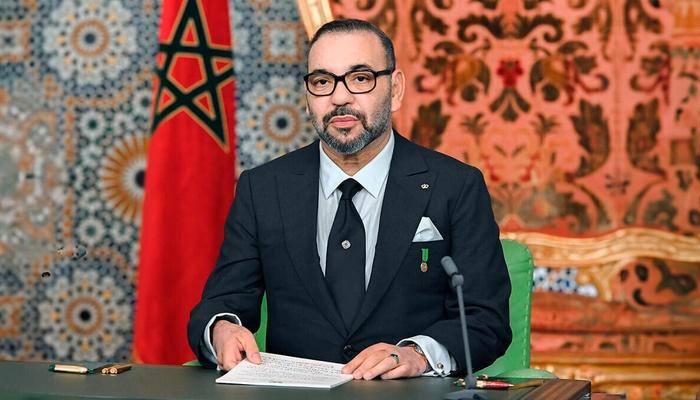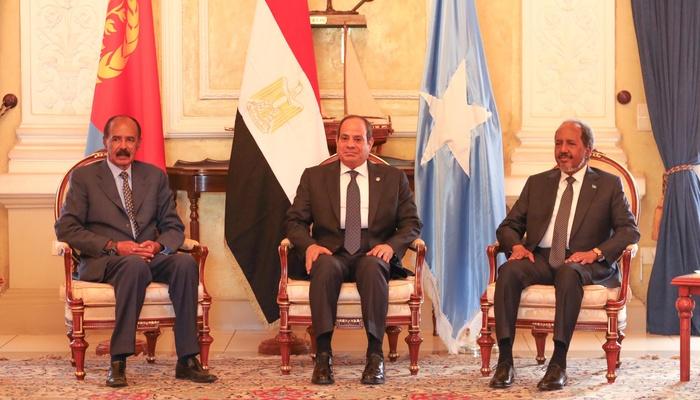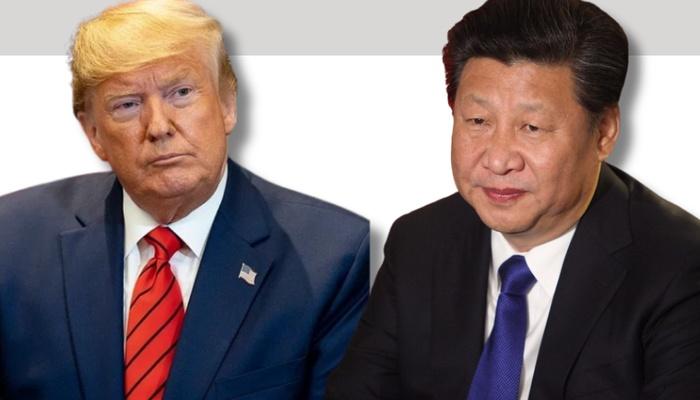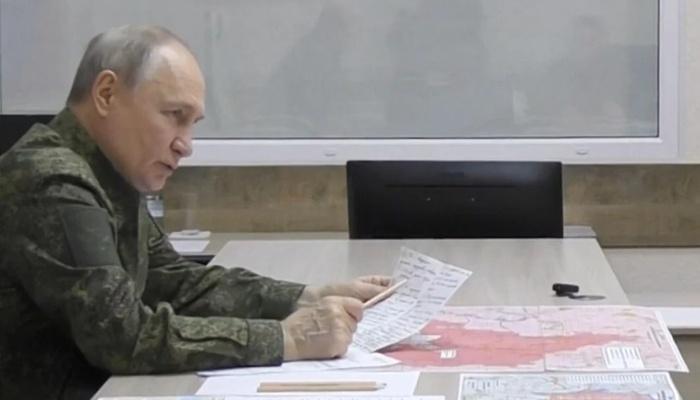Interview: Strategic interests behind France's stance on Libya collides with those of Italy - XinhuaNet
ROME, July 26 (Xinhua) – National strategic interests, which played a major role in driving France’s most recent diplomatic initiative on Libya, collide with those of Italy, an Italian analyst told Xinhua.
On Tuesday, two key Libyan rival leaders agreed to implement a ceasefire, after holding talks in Paris under the aegis of President Emmanuel Macron.
Fayez Sarraj, prime minister of the UN-backed government based in Tripoli, and Khalifa Haftar, military commander with the rival parliament in eastern Tobruk, pledged to move towards presidential and parliamentary elections next year.
Rome was not told of, nor involved at any level in the Paris talks, despite many efforts the country has exerted in recent years in coordination with the United Nations and the European Union (EU) to put an end to the Libyan civil war.
As such, Macron’s initiative sparked consternation and ill-disguised annoyance in the Italian government, according to Gabriele Iacovino, analysts’ coordinator and Northern Africa expert with Rome-based Center for International Studies (CeSI).
“Indeed, the move has hit Italy below the belt,” Iacovino told Xinhua in an interview on Wednesday.
“The initiative was not coordinated with Rome, and most of all, did not take into account Italy’s efforts to include all of the Libyan actors, and to make the Libyan peace dialogue as much inclusive as possible,” the analyst explained.
On the contrary, France pushed to boost the international “recognition” of General Haftar as a primary actor, according to its specific strategic interests, the analyst suggested.
“France needs Haftar to be included in the peace dialogue, because the general is in control of the Libyan areas where France’s interests lie, which means its oil wells in the Sirte Basin,” Iacovino said.
Italy has of course similar strategic interests to protect in the northern African country, although with a focus in the opposite western region of Tripolitania, according to the analyst.
He also gave some other possible reasons for Italy to see the issue as a crucial domestic priority: Libya is a former colony, and most importantly, it has recently become the major gateway for the large majority of migrants and refugees heading to Europe (and landing to Italy).
As such, Italy’s diplomatic efforts in the chaotic Libyan scenario were both more coordinated and more comprehensive than those of some EU partners, according to the expert.
“In the last one year and a half, France and Britain have been absent (at diplomatic level) from Libya, due to the French elections on the one side, and to the Brexit on the other,” he explained.
And even for the agreement itself, the expert believes it’s unwise to make it with the lack of a wide participation.
Libya was made of many political, economic, and military players, a deal involving only few strong Libyan parts was a mistake, said Iacovino.
“Not including this multitude of actors in the diplomatic dialogue is a wrong starting point: leaders such as Sarraj and Haftar may sign a peace agreement, but they do not exert a full control over their respective areas of influence, and would not have the strength to impose a deal on other actors, if not involved,” Iacovino further explained.
The analyst acknowledged President Macron’s recent move proved France has a strong political will on the Libya issue, and perhaps more cohesive when compared with Italy. However, it was too early to say whether such move would bring about relevant results.
“Macron’s initiative (on July 25) was very effective in terms of communication, and it may bring benefits to the French interests,” the analyst noted.
However, he said “It seems less likely to produce very tangible effects from an international point of view.”
Source: XinhuaNet





